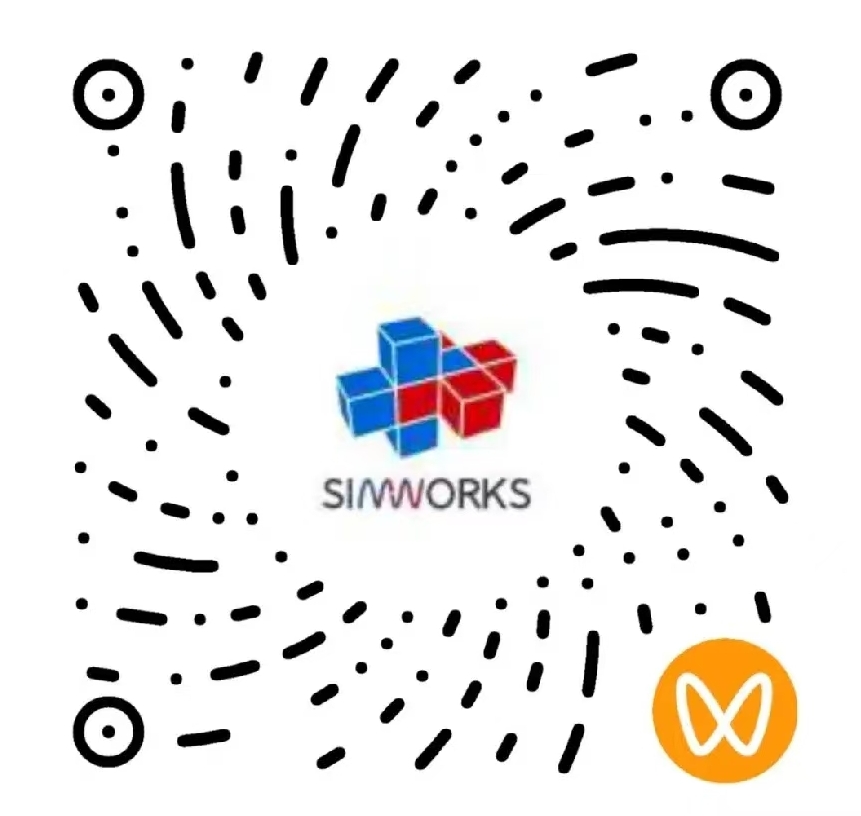联系电话
 企业微信
企业微信 微信服务号
微信服务号 官网联系QQ群
官网联系QQ群 微信视频号
微信视频号This section describes the functions to control the program flow.
Description
If the condition is true, executes statements.
Used in FDTD and FDE.
Syntax
(1) If the expression is true, executes statements.
if expression
statements
end
or
if (expression){
statements
}
(2) If the expression is true, executes statements_1. Otherwise, executes statements_2.
if expression
statements_1
else
statements_2
end
or
if (expression){
statements_1
}
else{
statements_2
}
(3)If the expression_k is true, executes the statements_k.
if expression_1
statements_1
elseif expression_2
statements_2
...
elseif expression_k
statements_k
else
statements_k+1
end
or
if (expression_1){
statements_1
}
elseif (expression_2){
statements_2
}
...
elseif (expression_k){
statements_k
}
else{
statements_k+1
}
Example
if 0
'true-1'
elseif 0
'true-2'
elseif 1
'true-3'
else
'else-part'
end
or
if (0){
'true-1'
}
elseif (0){
'true-2'
}
elseif (1){
'true-3'
}
else{
'else-part'
}
Result:
val =
true-3
See also
while, for
Description
While the expression is true, executes the statement.
Used in FDTD and FDE.
Syntax
While the expression is true, executes the statement.
while expression
statement;
end
or
while (expression){
statement;
}
Example
i = 0;
while i <= 5
printf("i = %d\n", i);
i = i + 1;
end
or
i = 0;
while (i <= 5){
printf("i = %d\n", i);
i = i + 1;
}
Result:
i = 0
i = 1
i = 2
i = 3
i = 4
i = 5
See also
if, for
Description
Executes the statements for each element that meets the requirement.
Used in FDTD and FDE.
Syntax
for element = values
statements;
end
or
for (element = values){
statements;
}
Example
x = ["a", "sample", "string"];
for i = x
printf ("%s ", i);
end
or
x = ["a", "sample", "string"];
for (i = x){
printf ("%s ", i);
}
Result:
a sample string
See also
if, while
Description
Breaks the for or while loop, the code after break sentence will not be executed.
Used in FDTD and FDE.
Syntax
Breaks the for or while loop.
break;
Example
for i = 1:100
if i == 3
break;
end
printf("i = %d\n", i);
end
Result:
i = 1
i = 2
See also
continue
Description
Terminates the current iteration and starts the next iteration of for or while loop.
Used in FDTD and FDE.
Syntax
The continue statement forces execution of the next iteration of the inner-most for or while loop to begin immediately.
continue;
Example
for i = 1:4
if i == 2
continue;
end
printf("i = %d\n", i);
end
Result:
i = 1
i = 3
i = 4
See also
break
Description
Executes statements and catches resulting errors.
Used in FDTD and FDE.
Syntax
| Code | Function |
|---|---|
try |
Executes commands in the try block and checks errors. |
catch |
Catches the error messages from try block and processes error messages according to the catch block. |
Runs the block of commands. If an error occurs, the error message is not displayed and the script continues.
try
commands;
end
...
Runs the block of commands commands_1. If an error occurs, the error message is stored in the variable "error_message" and program control goes immediately to the catch block.
try
commands_1;
catch error_message
commands_2;
end
Example
Example 1:
# test code:
try
a
catch exception
D=4;
end
exception # show exception
Result:
exception =
'a' is undefined function or variable
Example 2:
# test code:
try
'before error'
a
'after error'
end
Result:
val =
before error